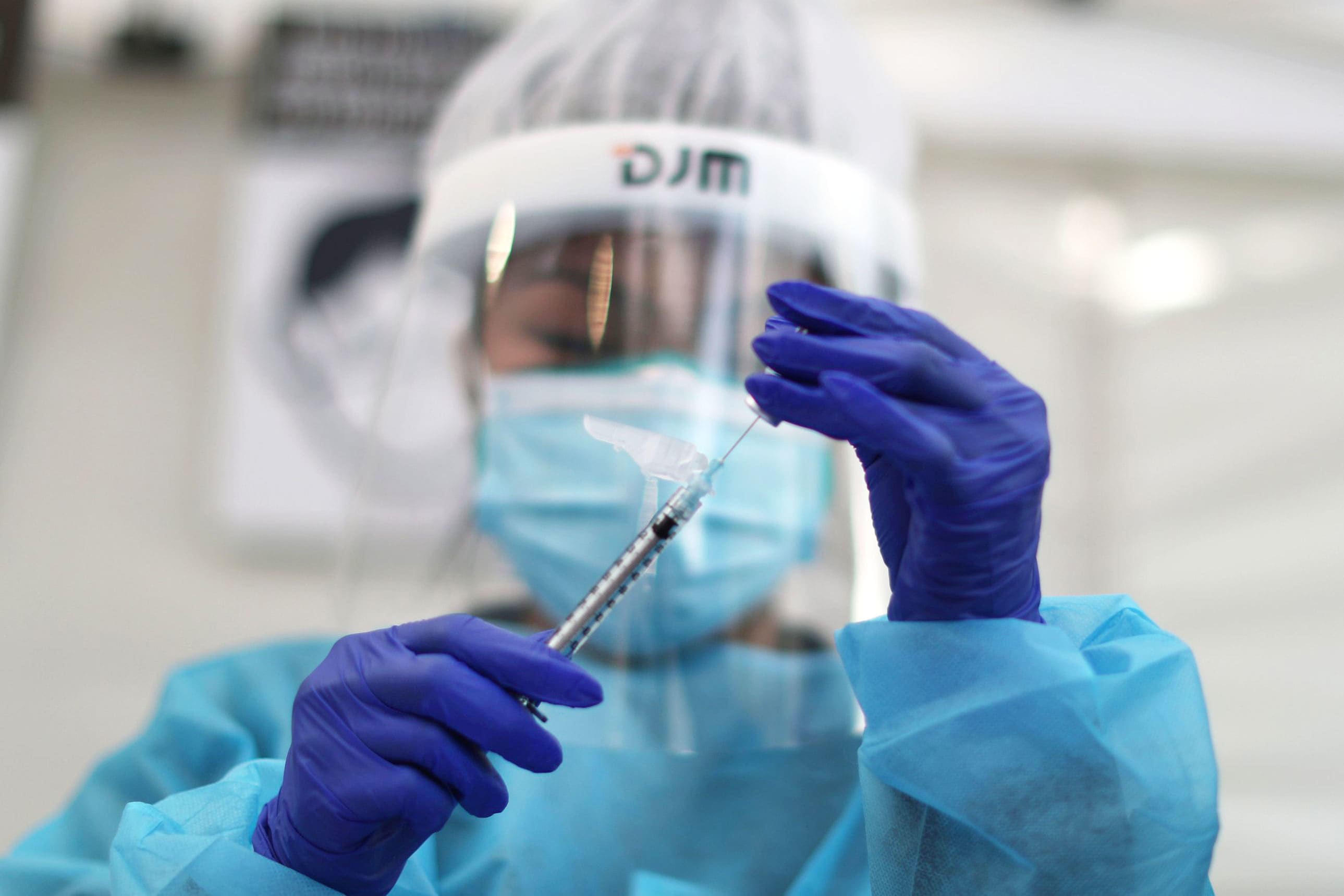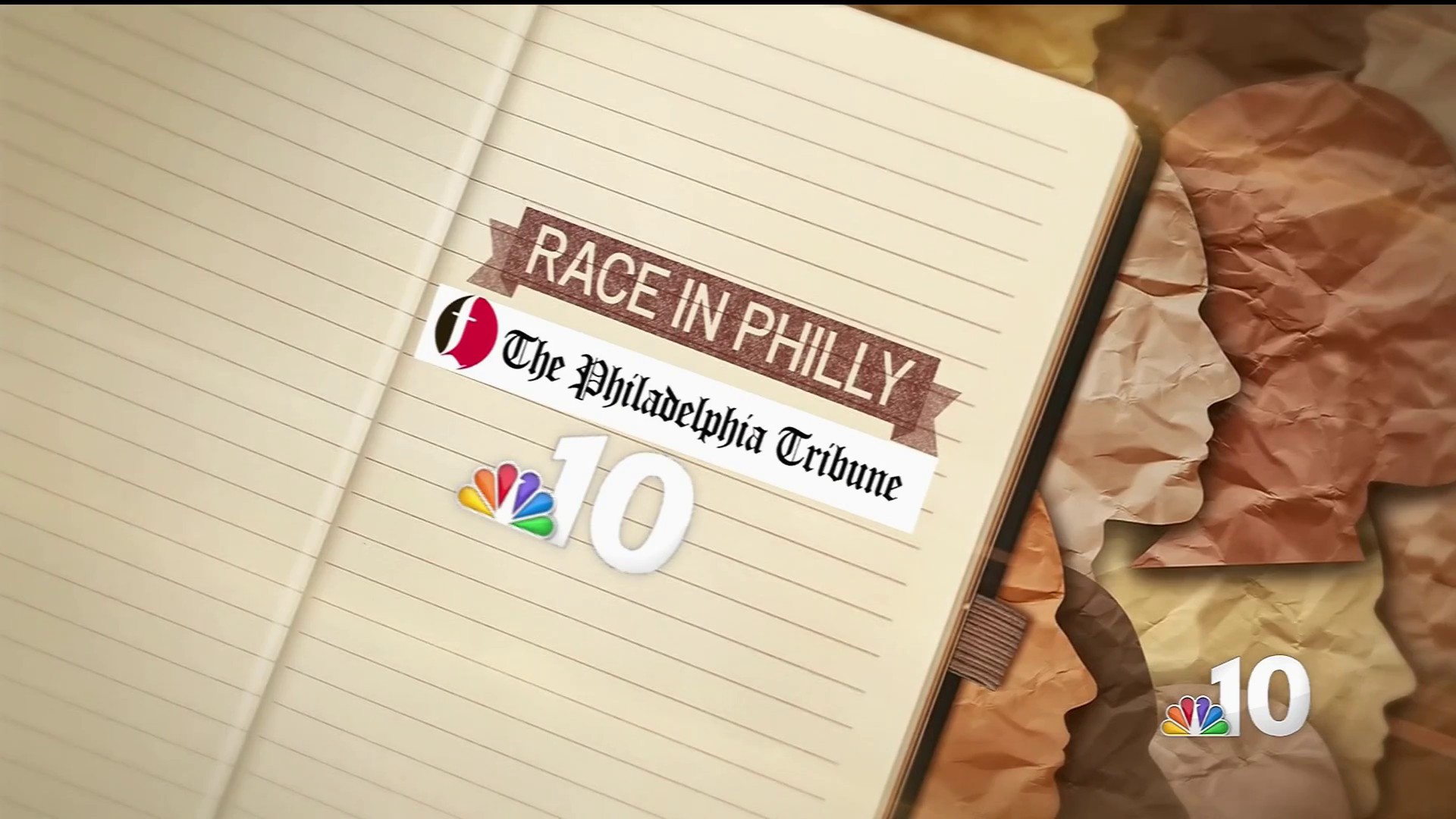On Philadelphia's dataset of coronavirus vaccinations, a racial disparity is apparent: about five times more white people than Black people have been vaccinated so far.
And according to Pennsylvania data, nearly 120,000 white people have been vaccinated compared to fewer than 4,000 African Americans, though there are nearly 60,000 vaccinations where the race was listed as unknown.
A wide majority of the shots administered so far have gone to health care workers, who have been first in line to get the vaccine
"It appears that minority staff, particularly African American staff, are less likely to schedule an appointment to get the vaccine, and to accept the vaccine if it's offered to them," Philadelphia Health Commissioner Dr. Thomas Farley said in a Jan. 5 news conference.
Get Philly local news, weather forecasts, sports and entertainment stories to your inbox. Sign up for NBC Philadelphia newsletters.
The city's data on Thursday showed 51.4% of women vaccinated dose are white, and 10.4% are Black. Those numbers compare to about 45% of men vaccinated listed as white, and 9.8% Black. Race data was listed as "unknown" for almost a fifth of the vaccinations.
Asked about the disparities seen on the chart Thursday, Farley's spokesman mentioned the racial makeup of the city's medical field, which numbers anywhere from 120,000 to 140,000. Exact numbers of the racial breakdown in that field locally were not available.
“Philadelphia has a sizable health care workforce, and it is a majority white workforce,” Farley's spokesman, James Garrow, told NBC10 Thursday.
Another factor driving the disparity is reluctancy in some Black communities to place trust the government when it comes to their health, an attitude rooted in history.
"We tell people that we understand that these things have happened in the past, but we don't want the past to predict our future and our present," Dr. Delana Wardlaw said in NBC10's Race in Philly special this week. She practices at Temple Health Physicians in North Philly's Nicetown section.
Multiple Black leaders and doctors who've spoken to NBC10 in the pandemic have mentioned the Tuskegee Experiment that dates back to the 1930s.
In the experiment, the federal government tested ineffective, and sometimes fatal treatments on Black men infected with syphilis, or withheld treatment to track how the disease destroyed their bodies. The experiment and other moments in history, and likely a barrage of disinformation on social media as well, play a part in skepticism about getting vaccinated, despite trials that show widespread effectiveness, and few with severe side effects.
"We know that as of Dec. 23, there were nearly 2 million doses of the vaccines administered, and there were only 21 cases of severe allergic reactions reported at that time," Penn State Dr. Cynthia Chuang said in the Pennsylvania health department's coronavirus update this week.
Farley said he tasked the chief medical officers at local hospitals and health networks to talk to their staffs, listen to concerns, and promote role models who have been vaccinated, to show that it's safe for an overwhelming majority of folks.
The local Black Doctors COVID-19 Consortium has run testing sites for months. Now, its leader is serving as a vaccination role model too.
The consortium's Dr. Ala Stanford received her second and final dose of a vaccine last week, and said it was important to tell colleagues about her experience, and that "seeing people that look like them" getting vaccinated will help.
“People that maybe didn’t want to get it... now are changing their mind. [That] is having an impact," she told NBC10's Jacqueline London.
Farley said he hopes the numbers will improve as the workers see others getting vaccinated and largely doing well.
"I don’t think that anybody feels it would be right to have a population that already has many other problems, and many chronic diseases, to then also be under-vaccinated," he said in a news conference this week.
Addressing disparities
The city also says its vaccine rollout plan differs from the CDC's plan in a way that could address racial equity concerns.
People under 75 with health conditions like heart disease and diabetes were bumped to 1B, the next phase that could start as soon as Jan. 25. The CDC had suggested putting these people in 1C, which may not start for months, depending on supply.
"These medical conditions are common in low-income populations and minority populations. We have higher rates of them here in Philadelphia than elsewhere, it’s a more important risk factor here. And this is one way for us to address the racial disparity in COVID mortality here," Farley said.
Essential workers are another big group within Phase 1B.
Black people hold frontline essential jobs at higher rates, Garrow said, and make up more than 40% of the city. So getting shots into the arms of frontline essential workers should also boost the proportion of Black Philadelphians getting vaccinated.
"I do think this will improve over time, but it does take time for people to have multiple conversations and really understand the risks and benefits, and see what happens to others," Farley said.



